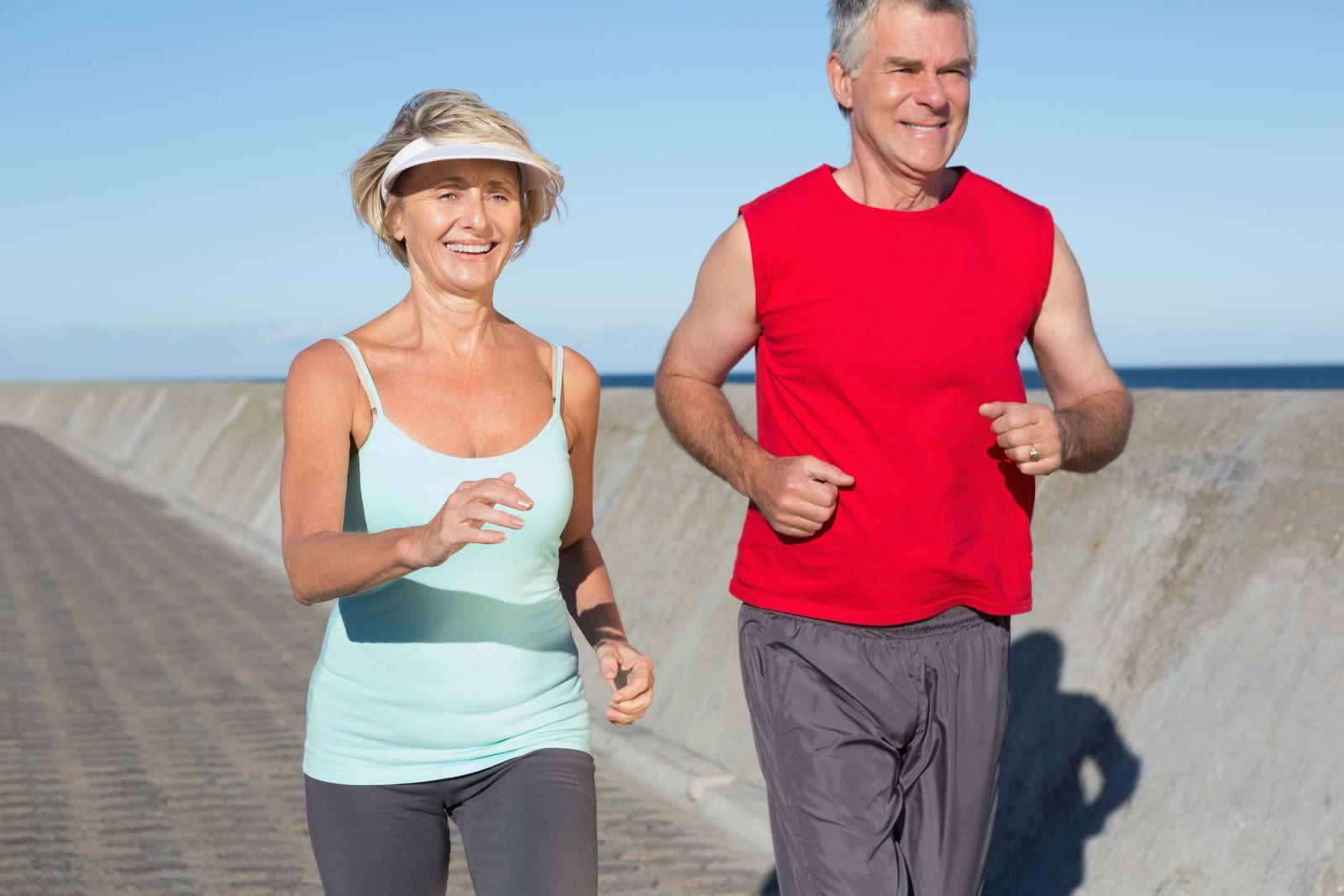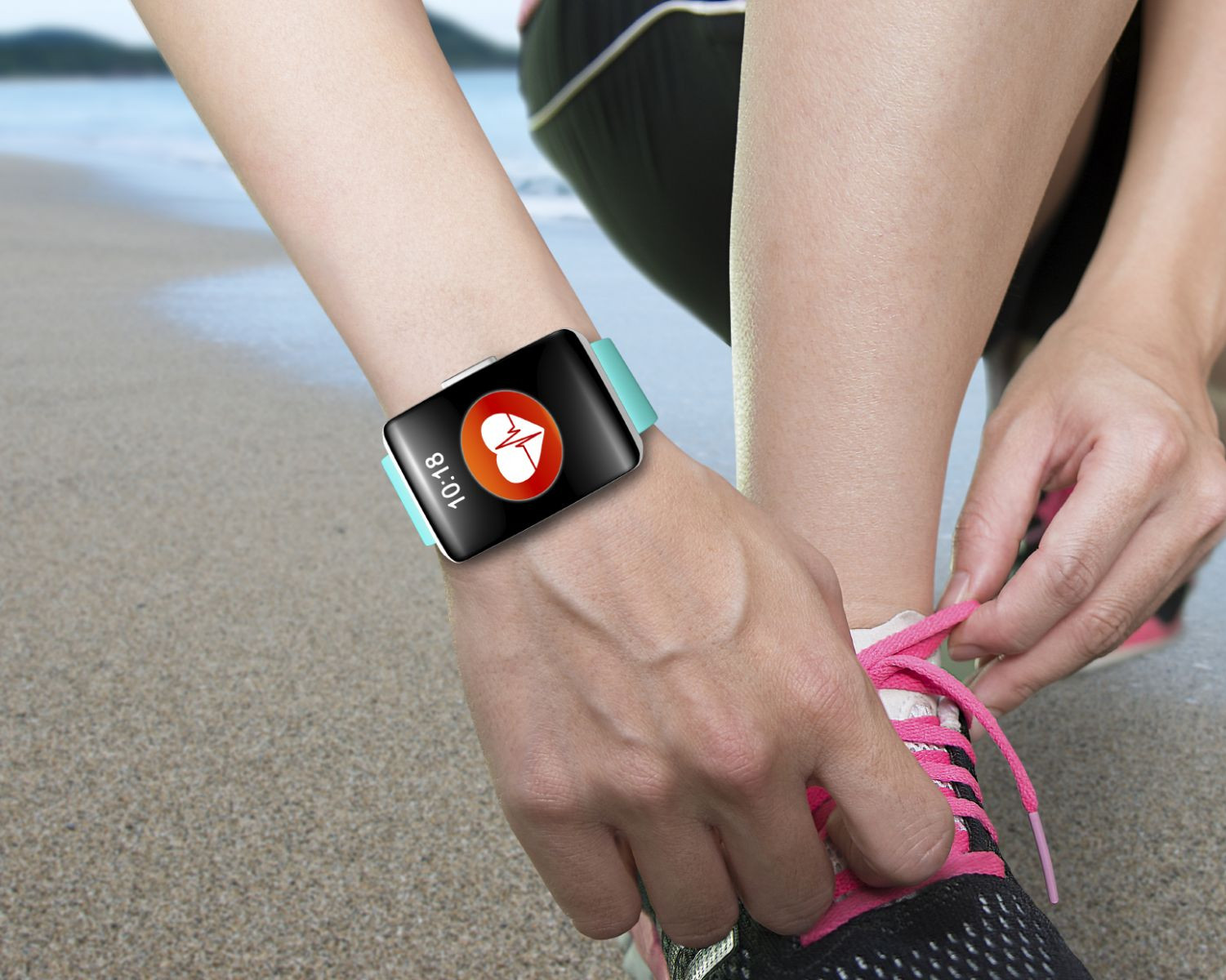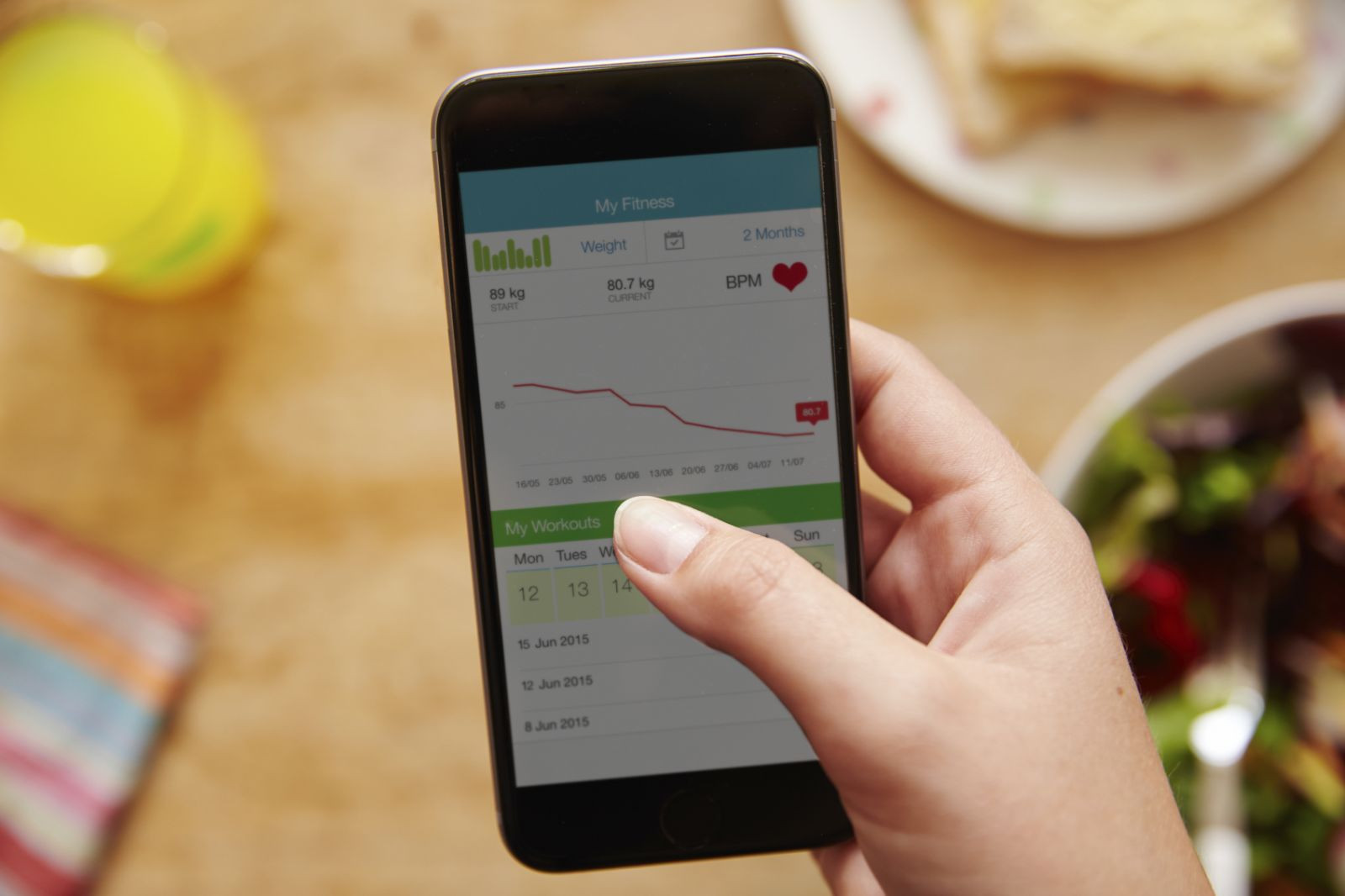
5 timeless habits for better health

What are the symptoms of prostate cancer?

Is your breakfast cereal healthy?

When pain signals an emergency: Symptoms you should never ignore

Does exercise give you energy?

Acupuncture for pain relief: How it works and what to expect

How to avoid jet lag: Tips for staying alert when you travel

Biofeedback therapy: How it works and how it can help relieve pain

Best vitamins and minerals for energy

Should you take probiotics with antibiotics?
Exercise & Fitness Archive
Articles
Higher cardio fitness may improve multitasking skills
Image: Bigstock
In the journals
A study published in the journal Frontiers in Aging and Neuroscience (Aug. 25, 2015) has found that fitness levels in older adults correlates with activation in areas in the brain's frontal lobe responsible for executive function—mental skills used to manage time, plan and organize, and remember details. The researchers examined brain imaging and cardio fitness data from 128 adults ages 50 to 80. Cardio fitness level was determined by measuring maximal oxygen consumption (VO2 max) while a person walked at increasing speed on a treadmill. Executive function skills were measured by how fast and accurately a person responded to computer stimuli like numbers and letters.
The results: People with a higher cardiorespiratory fitness level showed greater brain activation in the frontal lobe. They were also better at performing two simultaneous tasks compared with a single one. This is important since older adults have more difficulty processing multiple tasks, says the researchers. While this study found a link between good cardio health and better cognitive function, more research is needed to show you can improve your brain function by increasing your fitness.
Exercising in water: Big heart benefits and little downside
Image: Thinkstock
Compared with brisk walking, swimming allows you to meet your fitness goals with less stress on your joints and muscles.
In terms of convenience, it's hard to beat brisk walking as a form of exercise. You don't need any special equipment or venue, and most people can do it. But for some people—such as those with achy knees, sore hips, or substantial weight—walking may be uncomfortable. And during the winter, harsh weather in many parts of the country can make walking outdoors unpleasant—even treacherous at times. A water workout in a warm indoor pool, followed by a relaxing sauna could be an appealing alternative that's also good for your heart.
Step up to better heart health
Research we're watching
Older adults can reap greater heart benefits from a daily stroll if they pick up the pace a bit, a study in the Nov. 4, 2015, Circulation reports.
Most exercise studies include predominantly younger adults. This new study is an exception. Researchers followed more than 4,200 people—whose average age was 73—for 10 years. They gathered information about the participants' health and their physical activity.
Easy exercises for "keyboard athletes"
Quick bursts of exercise and doing tasks will break the cycle of inactivity and keep you healthier.
It's easy to spend long periods sitting in front of a computer, or with a tablet or smartphone, even when you know it's not good for health. But it's not quite as easy to break the cycle of being a "keyboard athlete," and make an effort to get more activity into your day. "I agree, I think people are becoming aware that prolonged sitting has a negative impact on health, but I'm not seeing enough people actually do something about it," says Marsha Pogrebinsky, a physical therapist at Harvard-affiliated Massachusetts General Hospital.
How fitness trackers can improve your health
Image: iStock
The wearable electronic devices may motivate you to stick to a diet or exercise plan.
If you've resolved to get more exercise, lose weight, or get more sleep in 2016, then a host of wearable electronic devices and apps are available to help you succeed. They will gently prod you to work toward your goal, encourage you along the way, and praise you when you get there. The gadgets record your activity, while the apps interpret the results and send you frequent messages to let you know how well you're progressing.
Exercise works even better after menopause, study indicates
Research we're watching
A study reported at the 2015 annual meeting of the North American Menopause Society shows that some types of physical activity have a greater impact on body composition in postmenopausal women than in premenopausal ones.
Researchers at the University of Massachusetts asked 630 premenopausal and 274 postmenopausal women to wear accelerometers (motion trackers) to estimate the amount of time they spent doing physical activity. Although the postmenopausal women, on average, logged fewer active hours and more sedentary time than the premenopausal women, they gained more from the time they did spend in motion. Increased activity was associated with greater reductions in body mass index, waist size, and percentage of body fat in postmenopausal women than in their premenopausal counterparts.
Rev up your thinking skills by trying something new
Learning a new dance step involves exercise, socialization, and a challenge, all of which can help boost thinking skills.
Image: iStock
Challenging your brain, staying physically active, and being socially engaged may help keep our thinking skills sharp.
Interval training: A faster route to a stronger heart?
Image: Thinkstock
Short bursts of intense exercise may help build heart fitness. But run the idea by your doctor before you begin.
Want to add some variety to your exercise routine and finish your workout a little faster? Consider interval training, which alternates short, intense bouts of exercise with longer periods of lighter, less vigorous activity. The potential payoff may be enhanced cardiovascular fitness in less time.
Helping your heart: There's an app for that
Image: iStock
Smartphone apps encourage you to take an active role in monitoring and boosting health.
When it comes to healthy hearts, technology is playing a greater role than ever, and not just in the doctor's office. Now nearly anyone can use computer programs designed to improve heart health, thanks to downloadable applications (apps) for smartphones, tablets, and home computers. They're part of a trend known as mobile health or mhealth. "In general, health apps can provide very valuable information, as long as you understand their limitations," says Dr. Randall Zusman, a cardiologist with the Corrigan-Minehan Heart Center at Harvard-affiliated Massachusetts General Hospital and a Harvard Medical School associate professor.
Apps, texts, and sensors for boosting heart health: Do they help?
Image: iStock
Mobile health technologies show some promise for motivating people to make healthy choices for their heart.
The number of health-related apps for mobile devices has exploded in recent years. According to one estimate, online services (mainly iTunes and Google Play) feature more than 165,000 of these downloadable software programs. One in five American adults with a smartphone has at least one of these digital tools, many of which focus on factors related to heart health.

5 timeless habits for better health

What are the symptoms of prostate cancer?

Is your breakfast cereal healthy?

When pain signals an emergency: Symptoms you should never ignore

Does exercise give you energy?

Acupuncture for pain relief: How it works and what to expect

How to avoid jet lag: Tips for staying alert when you travel

Biofeedback therapy: How it works and how it can help relieve pain

Best vitamins and minerals for energy

Should you take probiotics with antibiotics?
Free Healthbeat Signup
Get the latest in health news delivered to your inbox!
Sign Up










